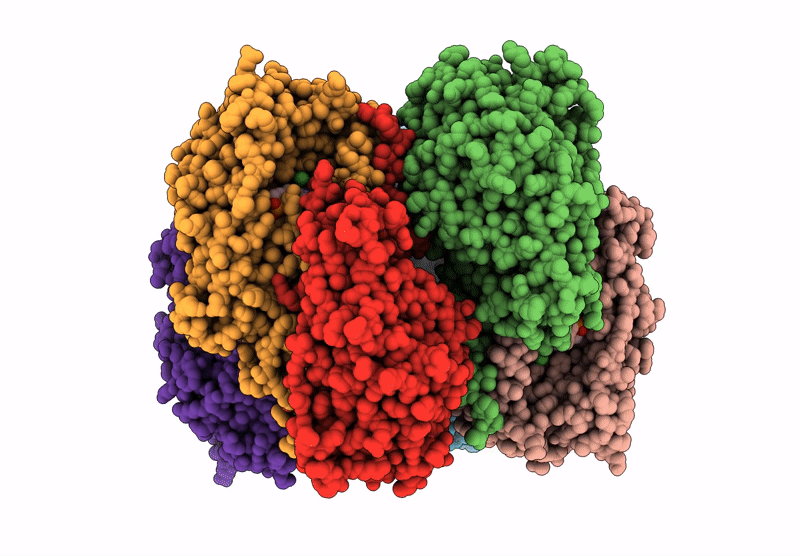
Deposition Date
2024-02-22
Release Date
2025-03-05
Last Version Date
2025-04-30
Entry Detail
PDB ID:
8S4P
Keywords:
Title:
Crystal structure of an Ene-reductase from Penicillium steckii
Biological Source:
Source Organism(s):
Penicillium steckii (Taxon ID: 303698)
Expression System(s):
Method Details:
Experimental Method:
Resolution:
2.29 Å
R-Value Free:
0.27
R-Value Work:
0.20
R-Value Observed:
0.21
Space Group:
P 1 21 1


